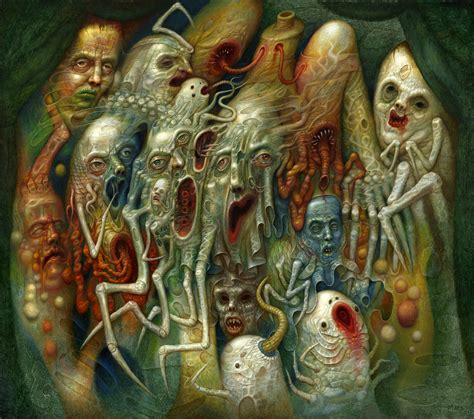A Quote by Biz Stone
The normal press cycle is to put a company on a pedestal and then knock it down. It's much more interesting that way.
Related Quotes
We try to keep it a normal day while we're up in space. You know, you don't want to change your time cycle too much, so we just keep it normal. And so, about 5 or 6 o'clock at night, after we finish working, we knock it off by having prerecorded shows that we watch sometimes through the computer while we're eating dinner.
The more we as a society make women's sex lives seem like a secret, the more hostile that becomes. Because when you get into that cycle of thinking, no matter what you're doing, you feel shameful about it, because there's no way to talk about it. I think that through talking about it and sharing stories you realize the things you may have felt shameful about are totally normal and totally OK. Everyone's normal in their own way. You can only come to that realization if you're having these conversations, and learning what normal is for other people.
Sometimes I will portray the more normal-looking people as the monsters and then the more distorted - "uniquely formed" is the word I like to use, rather than monstrous - as the sympathetic characters in the painting. It's interesting because some people will get it right away, but a common reaction is to be a little off-put by it. And that is the whole idea. If it grabs somebody in a negative way, that's my intention.
When you label somebody and put them in a box, then you put the lid on the box, and you just never look inside again. I think it's much more interesting for human beings to look at each other's stories and see each other. Really see each other and then see themselves through other people's stories. That's where you start to break down stereotypes.


































